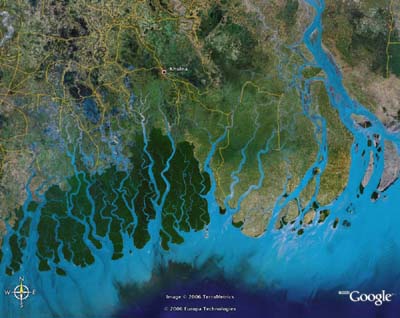by nathan thanki
There was quite a stink created this week when US Special Envoy for Climate Change (the big-shot who shows up late to the UN climate talks and gets interrupted by his constituents for not truly speaking for them) made a "remark" to his old College, Dartmouth. There was widespread condemnation of the apparent u-turn on US climate policy, which had previously agreed (in 2009, 2010, 2011) to a target of keeping global temperatures below 2 degrees celsius. After all, more than 100 countries and large swathes of civil society actually call for 1.5 degrees celsius as a limit to the amount of warming. But today Mr. Stern has downplayed those concerns, saying that the US is not renaging on anything and that the "flexibility" he called for is about breaking stalemates rather than undermining this principle.
At the risk of boring everyone, including myself, let's take a look at Mr Stern's speech, available here, and read for ourselves. Comments in blue italics are mine.
—
Read more…




